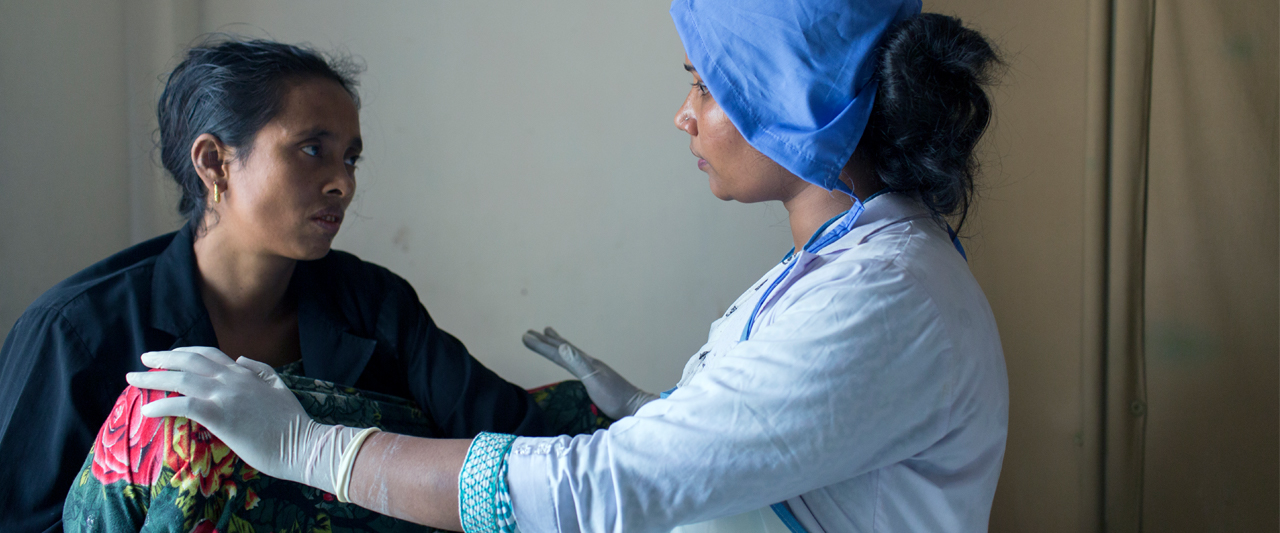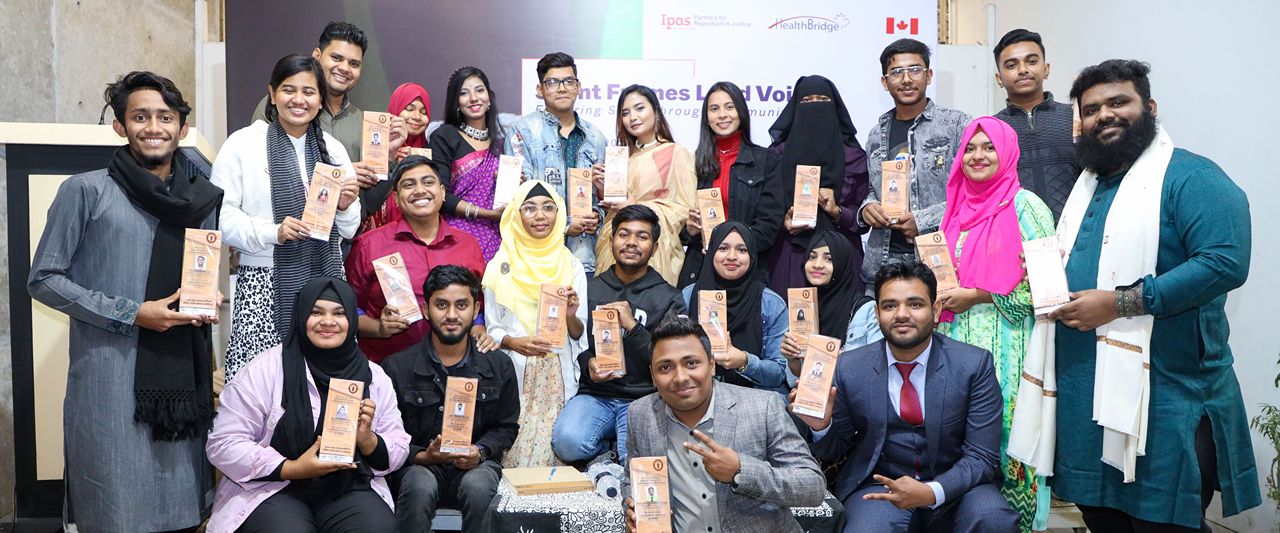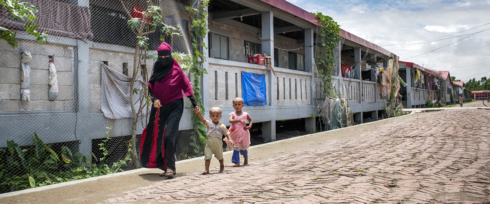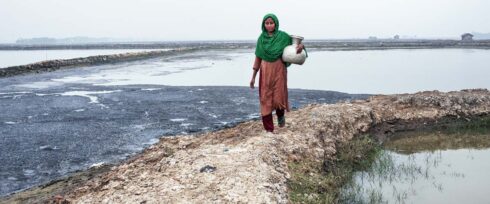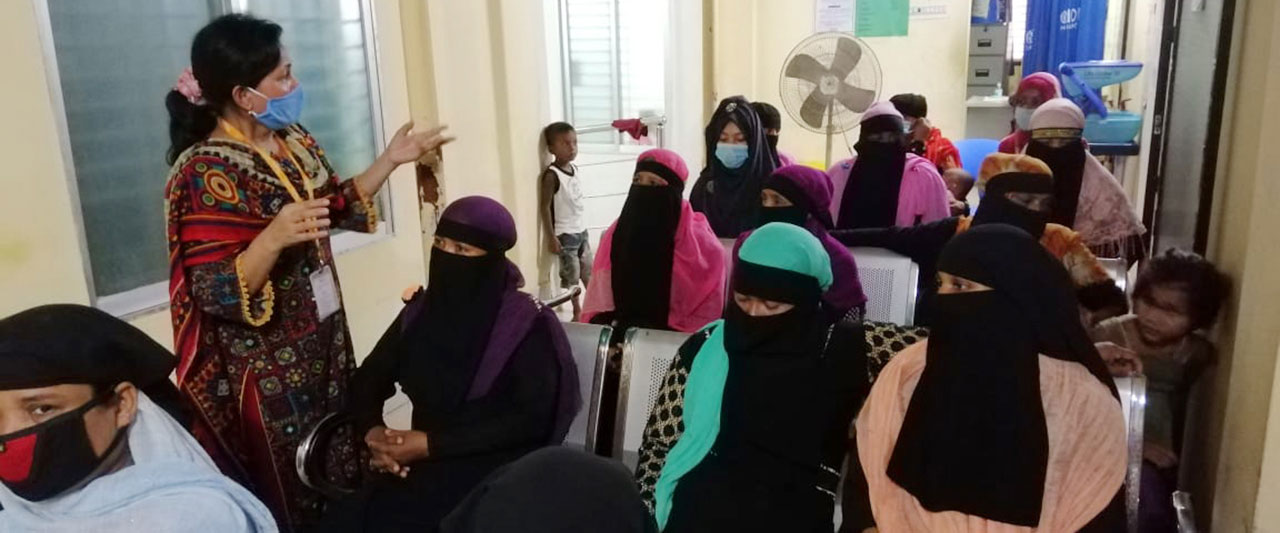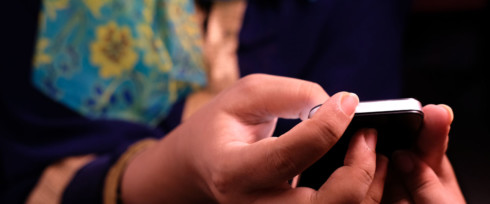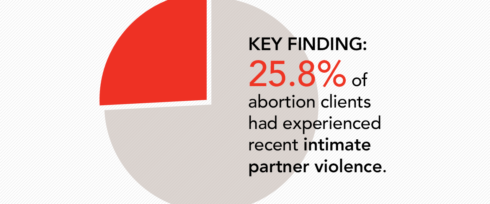Menstrual regulation (as abortion is known in Bangladesh) is legal in the first 12 weeks of pregnancy. But despite this legal service, unsafe abortion does occur—particularly in rural parts of the country. The Rohingya humanitarian crisis has also created an urgent need for sexual and reproductive health-care services in Bangladesh, as hundreds of thousands of Rohingya refugees from Myanmar are now living in or near refugee camps in Bangladesh. Many are women and girls who have been sexually assaulted and are in desperate need of reproductive health care.
Ipas began working in Bangladesh in 2011 to reduce deaths and injuries related to unsafe abortion by strengthening postabortion care (treatment for complications of unsafe abortion) and menstrual regulation services. Ipas Bangladesh also advocates for policy changes that will expand women’s access to these health services, and we support efforts to strengthen sexual and reproductive health-care topics in the training curricula for nurses, midwives and OB-GYNs. Together with partners, we are also building a training program for health providers who serve Rohingya refugees, making badly needed reproductive health services available to more refugee women and girls.
Impact in 2024
people received menstrual regulation (as abortion is known in Bangladesh) at Ipas-supported facilities
people received contraceptive services at Ipas-supported facilities
access points for menstrual regulation supported
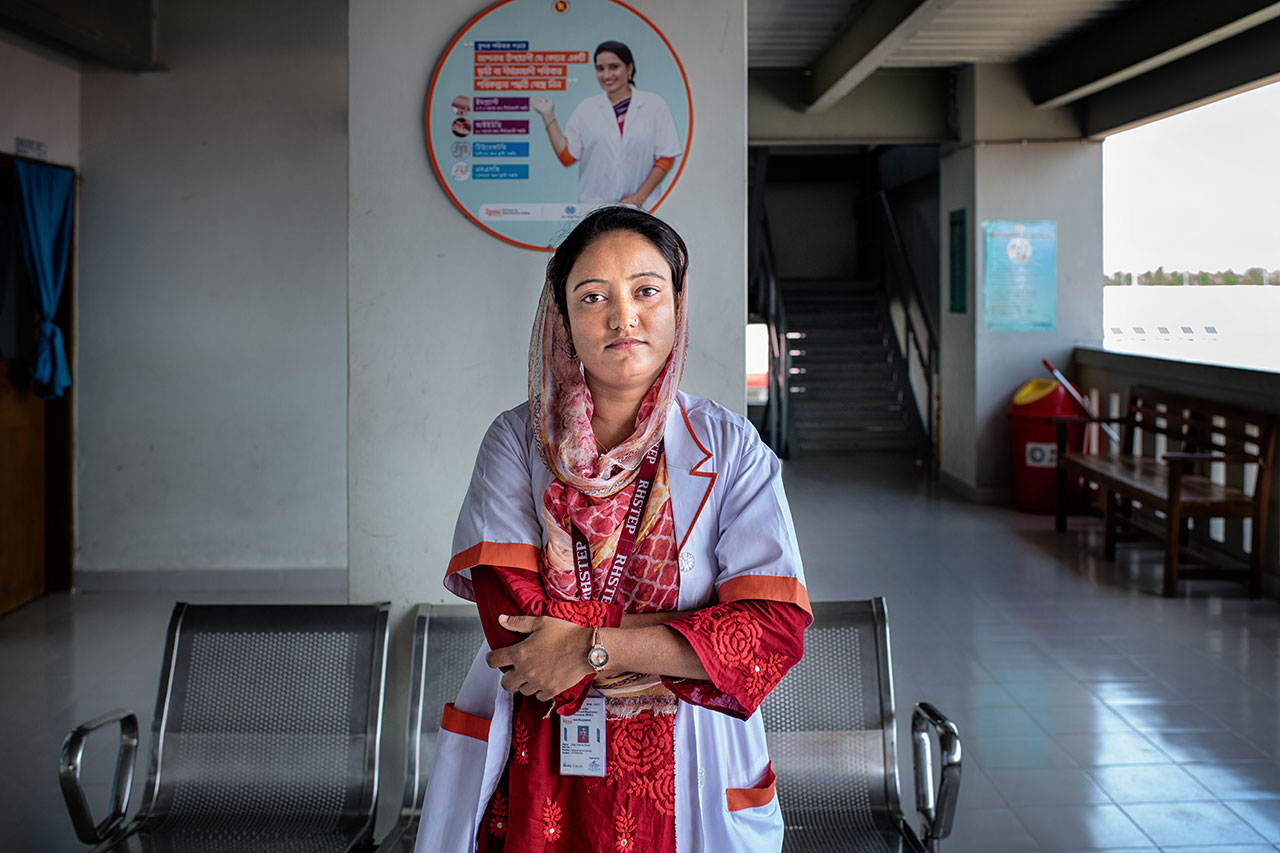
Training health workers in Rohingya refugee camps
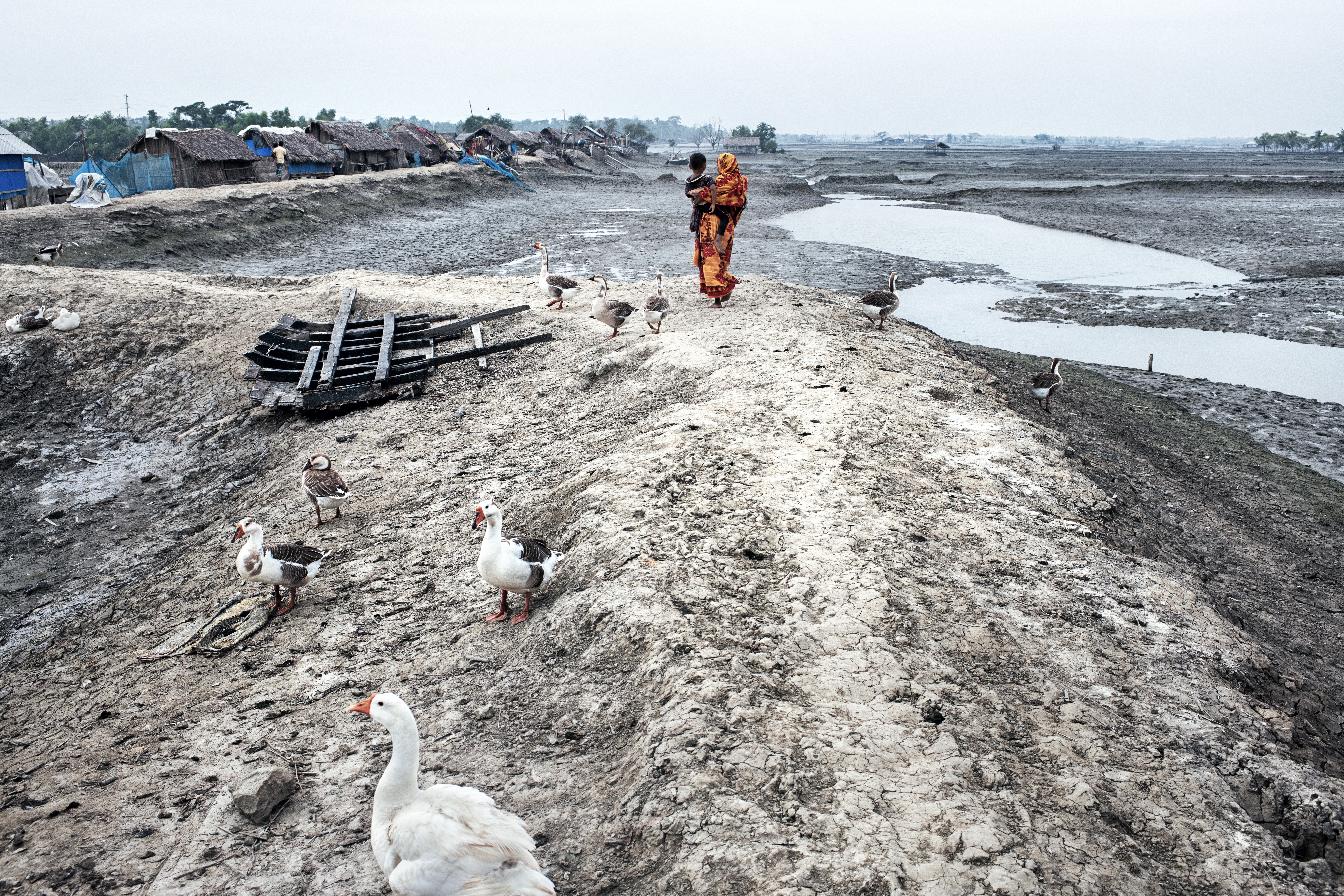
Learn why we need women-led climate justice
Supporting reproductive autonomy in refugee settings
Ipas is working with women and girls in the Rohingya refugee camps in Bangladesh to provide support and offer strategies for regaining their reproductive autonomy. The work is funded by the global charity Elrha, which supports research and innovation aimed at finding solutions to complex humanitarian problems.
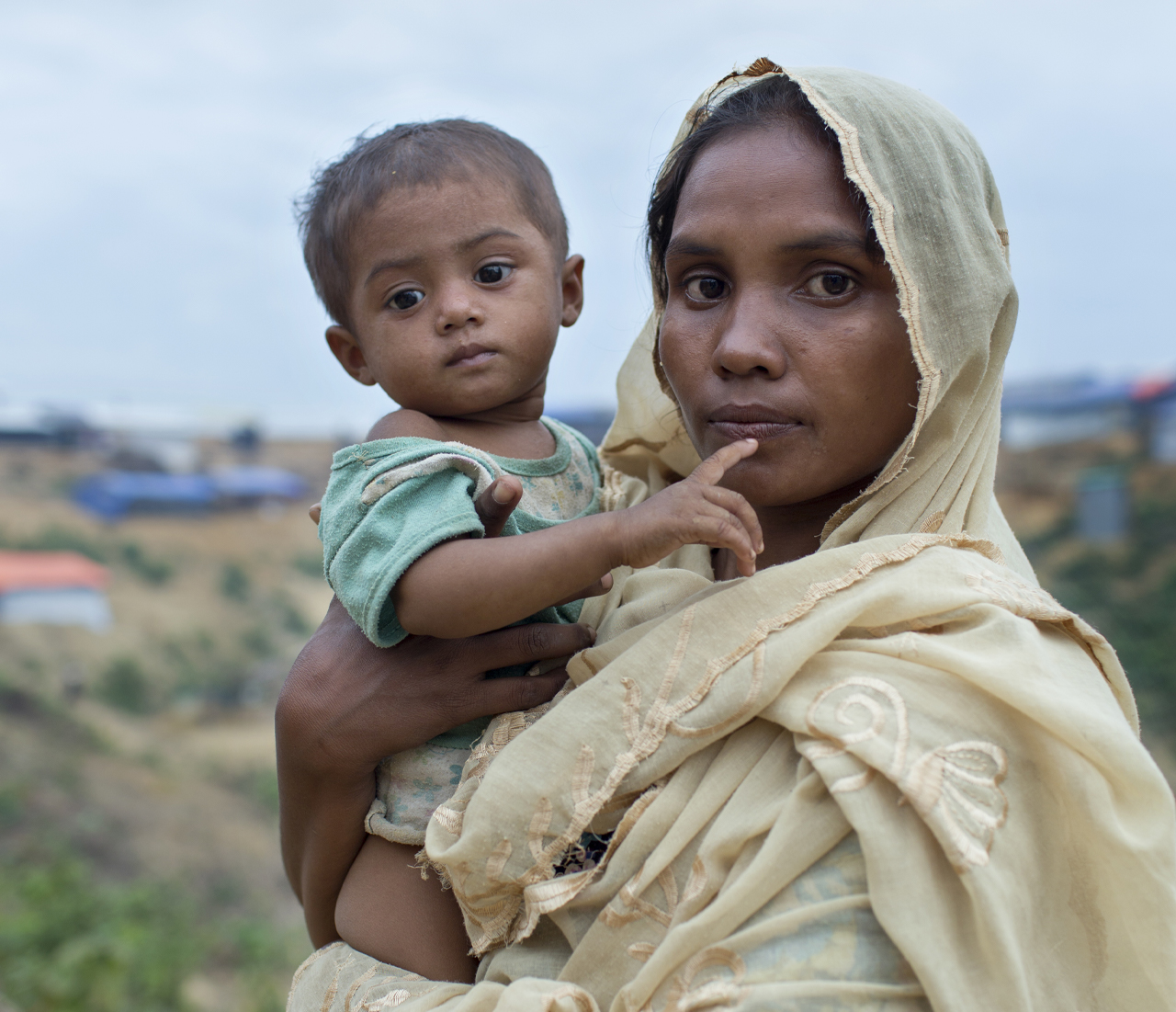
One Rohingya woman’s story shows what’s at stake for so many refugees in need of reproductive health care
In humanitarian crises, abortion care can be provided quickly and effectively. Case study of Rohingya refugee camps documents first time abortion was introduced during an acute emergency.
